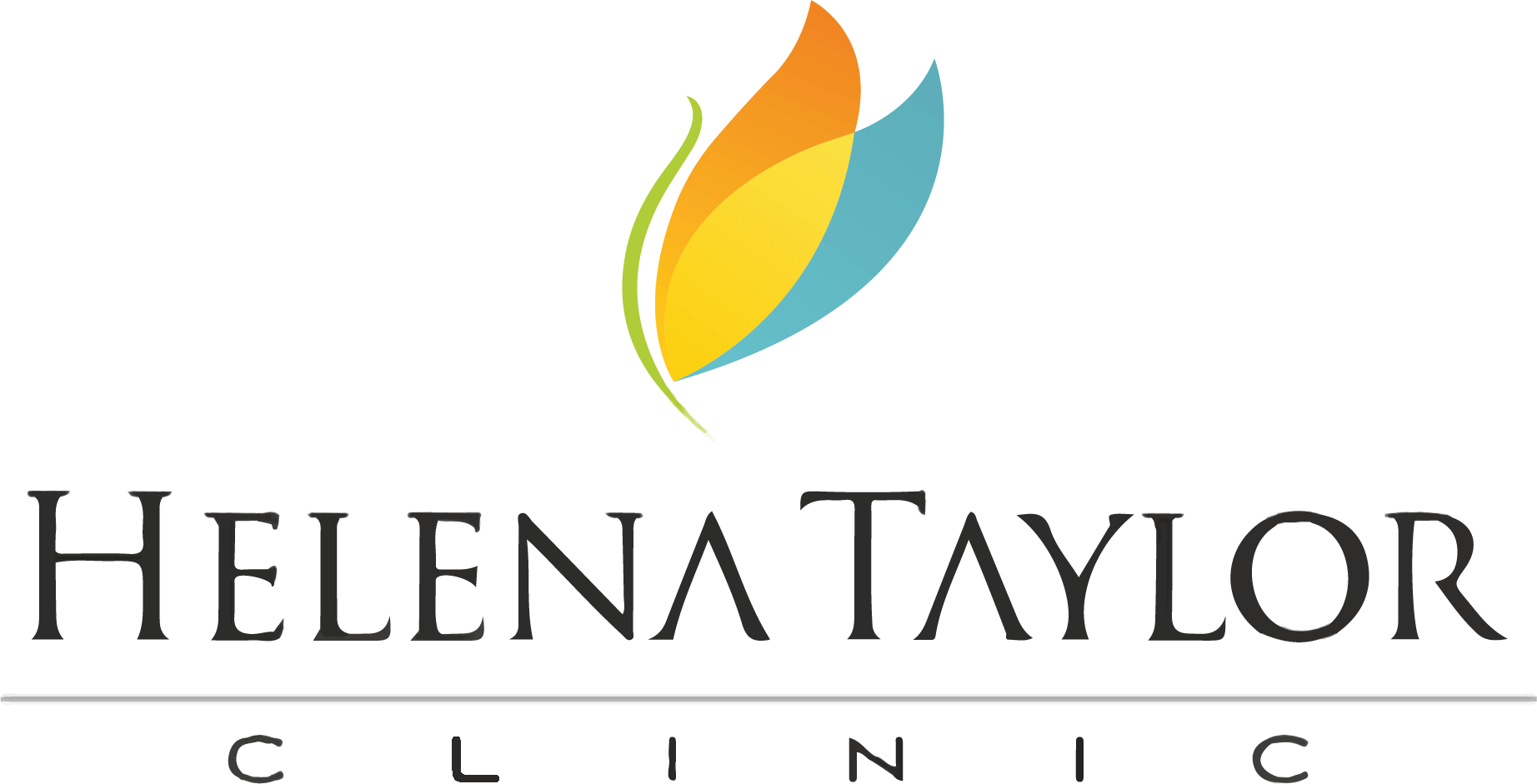Having a baby is a joyful, special event in the life of a mother. However, the process of delivery and recovery post-delivery can be challenging, particularly if a mother has undergone a C-section delivery. Women may experience pain at the cesarian-section (C-section) incision site, low back pain, urinary continence, and pelvic floor muscle weakness following a C-section. While the body’s natural healing process plays a significant role, physiotherapy can be a game-changer in facilitating a smoother and more effective recovery.
The Physical Impact of a C-Section
A C-section is a major abdominal surgery that involves multiple layers of tissue, muscles, and nerves being cut and stitched back together. While the procedure is life-saving in many cases, it’s not without its challenges. Common post-surgical issues include:
- Pain and stiffness: Particularly around the incision site and lower back.
- Scar tissue formation: Which can lead to adhesions and reduced mobility.
- Weakened abdominal muscles: Affecting core strength and posture.
- Pelvic floor dysfunction: Even though the baby doesn’t pass through the birth canal, pregnancy itself places significant strain on the pelvic floor.
- Difficulty with basic movements: Such as sitting up, standing, or lifting.
Visiting a Gynaecology clinic in Dubai can help mothers address these challenges with tailored postnatal care.
The Road to Recovering from a C-Section
Although some people believe cesarean delivery is a less physically stressful experience than vaginal delivery, this is not always the case. Women who deliver via C-section are twice as likely to experience lower back pain and pelvic pain compared to those who deliver vaginally. Several methods can aid in recovery, including rest, medication, and mental health care. Physiotherapy, however, is an integral part of a complete recovery plan and should always be discussed thoroughly with your doctor.
How Physiotherapy Can Help
Physiotherapy addresses these issues through targeted exercises, manual therapy, and education. Here are some of the key benefits:
- Pain Management Post-surgical pain can make everyday tasks daunting. Physiotherapists use techniques such as gentle mobilization, massage, and modalities like TENS (Transcutaneous Electrical Nerve Stimulation) to alleviate discomfort. The best physiotherapist in Dubai can guide you through these techniques to ensure effective pain relief.
- Improved Mobility Early mobilization is crucial for preventing complications like blood clots and stiffness. Physiotherapists guide new mothers through safe movements to help regain mobility without straining the incision area.
- Scar Tissue Management Specialized massage techniques and exercises can help minimize scar tissue formation, reducing the risk of adhesions that can restrict movement or cause pain in the long term.
- Strengthening the Core and Pelvic Floor The core muscles and pelvic floor undergo significant changes during pregnancy and surgery. Physiotherapists design personalized programs to strengthen these areas, improving posture, stability, and bladder control.
- Posture and Body Mechanics Carrying, breastfeeding, and caring for a newborn often lead to poor posture, exacerbating pain and discomfort. Physiotherapy helps new mothers adopt better body mechanics to prevent strain.
- Emotional Well-being Physical recovery is deeply intertwined with emotional health. Regaining physical function and reducing pain can boost confidence and reduce feelings of helplessness or frustration during the postpartum period.
When to Start Physiotherapy
- Many new mothers are unsure when to begin physiotherapy after a C-section. Here’s a general timeline:
- First 6 weeks: Focus on rest, gentle breathing exercises, and pelvic floor activation. Avoid strenuous activities.
- 6-12 weeks postpartum: Begin light strengthening exercises under the guidance of a physiotherapist.
- Beyond 12 weeks: Gradually progress to more intense activities as the body allows, always prioritizing safety and comfort.
Seeking Professional Help
It’s important to consult a qualified physiotherapist who specializes in postpartum recovery. They will assess your individual needs and create a customized plan to ensure a safe and effective recovery. Many maternity hospitals in Dubai offer physiotherapy services as part of their postnatal care programs.
Physiotherapy is an invaluable tool for mothers recovering from a C-section delivery. By addressing pain, improving mobility, and strengthening the core and pelvic floor, physiotherapy ensures a smoother recovery process. If you’re navigating the postpartum journey, consider visiting a Gynaecology clinic in Dubai, consulting the best physiotherapist in Dubai, or seeking support from a maternity hospital in Dubai for comprehensive care. Always consult your healthcare provider before starting any new recovery plan.











